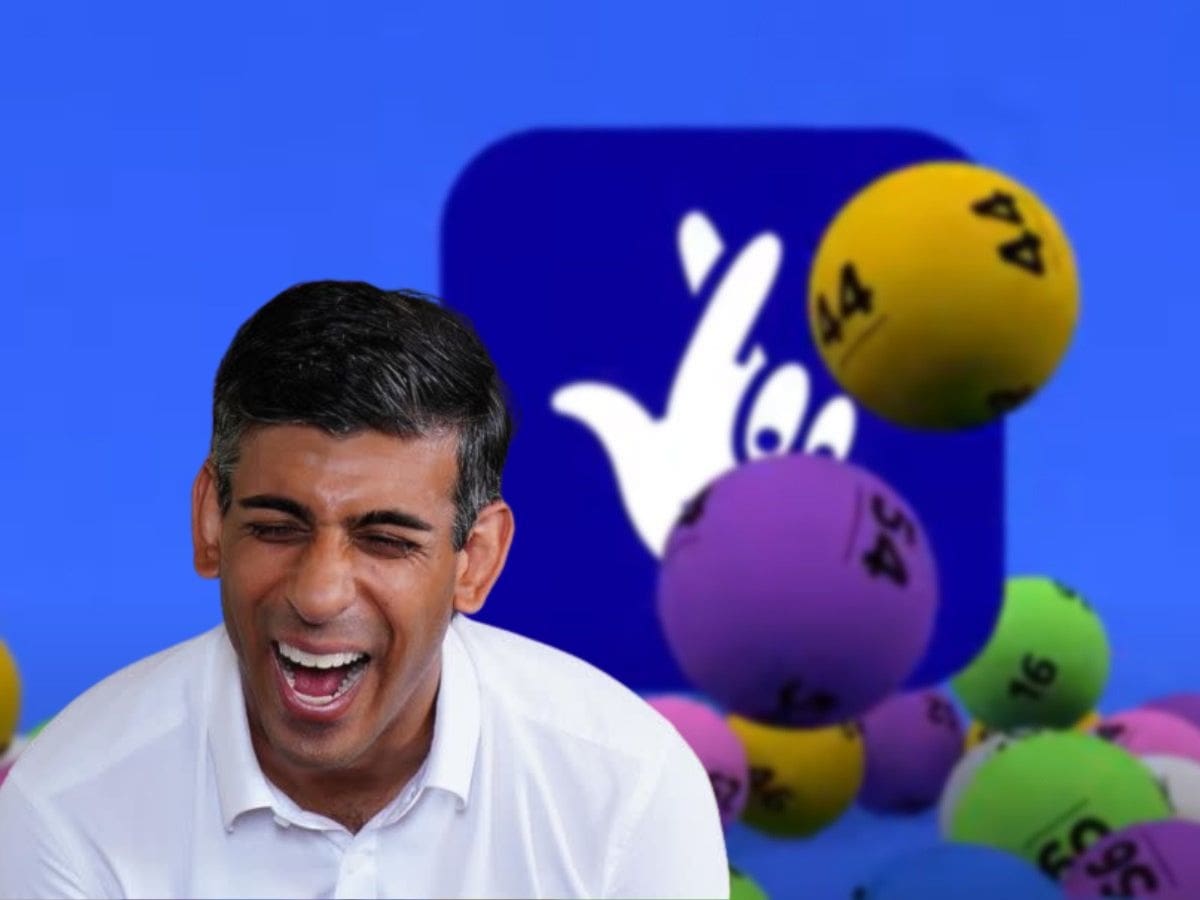The latest analysis from finance expert, RIFT, has shown that, as a nation, we’re gambling more than ever as we continue to battle against the high cost of living. But while the National Lottery is our preferred shot at instant fortune, it’s the Conservative Party government who are the real winners, collecting almost a billion pounds a year in lottery duty – and over £3bn in total from gambling.
The government: the only winners in gambling – to the tune of £billions
RIFT analysed the latest Gov figures on HMRC tax receipts* which show that during the 2023-24 financial year, HMRC collected £3.389bn in tax receipts from betting and gaming.
While this may only equate to 0.41% of total receipts received by HMRC, it’s a figure that has been increasing steadily since households have been hit by the cost of living crisis.
During the pandemic (2020-21), annual betting and gaming tax receipts fell by -6% in a year to £2.837 bn, as lockdown restrictions reduced the opportunities available to have a flutter.
However, since interest rates started to climb in December 2021, adding to the high cost of living endured by many households, this figure has been on the up as more of us pursue hopes of instant riches.
In 2021-22, total tax receipts from betting and gaming increased by 8.4% year on year, then by a further 7.4% in 2022-23. The latest annual increase of 2.6% in 2023-24 pushed annual betting and gaming tax receipts to the current total of £3.389 bn – the highest total on record.
This trend is also apparent when analysing gross gambling yields across the gambling sector*, with the latest figures showing an 11.8% increase in 2021-22, followed by a 6.8% jump in 2022-23 to a total of £15.122bn.
The National Lottery: funding the government, not just good causes
When it comes to the activity driving this increase in gambling, the National Lottery is the nation’s favourite form of gambling and gaming by some margin.
In fact, of the £15.122 bn gross gambling yield seen in the 2022-23 financial year, the National Lottery accounted for 23%, with just remote gambling via casinos proving more profitable for the gambling industry.
However, with a one in 45 million chance of hitting the jackpot, the average consumer has more chance of being struck by lightning than winning the lottery. So who’s the real winner?
Figures from the Gambling Commission show that in the 2022-23 financial year, there were £8.184bn in total National Lottery sales.
£4.694bn of this contributed to the prize pot, while £1.709bn went towards good causes.
Retailers’ commissions stood at £255m and the licensee, Camelot, retained £544m. However, the biggest winner was the government, who bagged £982m in a single financial year as a result of the 12% lottery duty paid.
The government: profiting off people’s desperation
Bradley Post, MD of RIFT, commented:
Inflation may be easing but households across the nation are yet to feel the benefit and the cost of living crisis has been straining the finances of the nation to breaking point since interest rates started to soar in December 2021.
As a result, more and more of us have been turning to gambling and gaming in the hopes that we might win big and secure some financial security, with the lottery being the game of choice for most.
Of course, the lottery offers some of the toughest odds of the lot and, as the old adage goes, the house always wins. In this case, it’s fair to say that the house is the UK government, with lottery duty bagging them close to a billion pounds a year.
It’s a story we hear all too often unfortunately – the government profiting off the hard earned cash of the UK public in a time of desperation.
Featured image via the National Lottery – YouTube and the Canary




